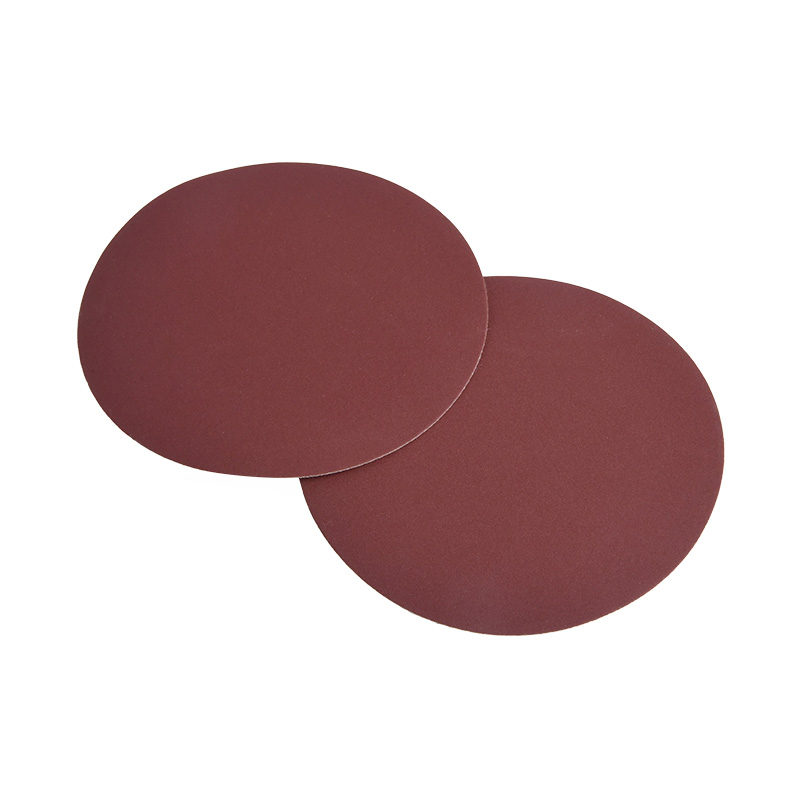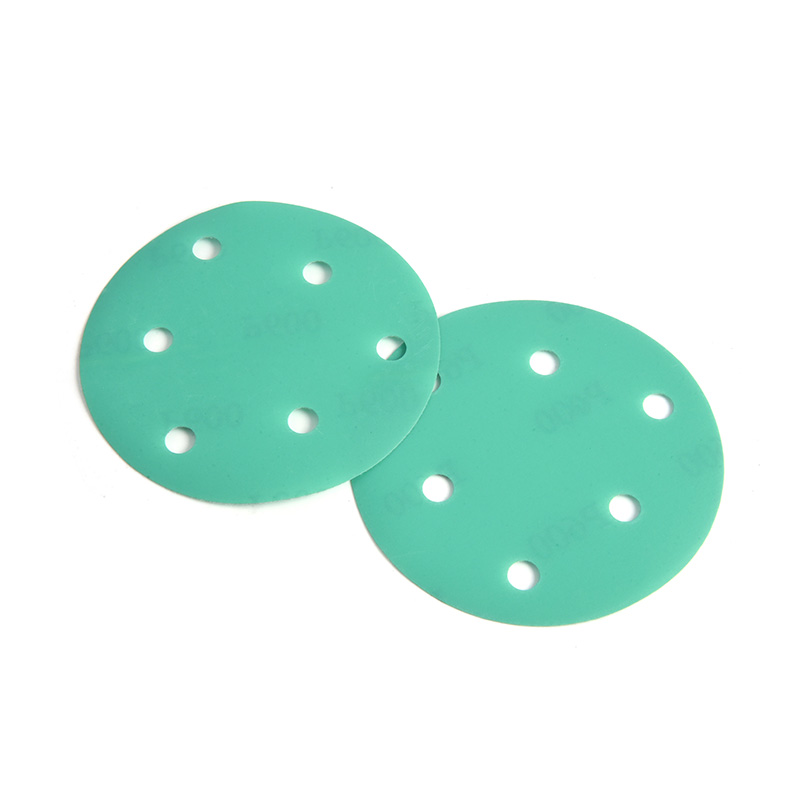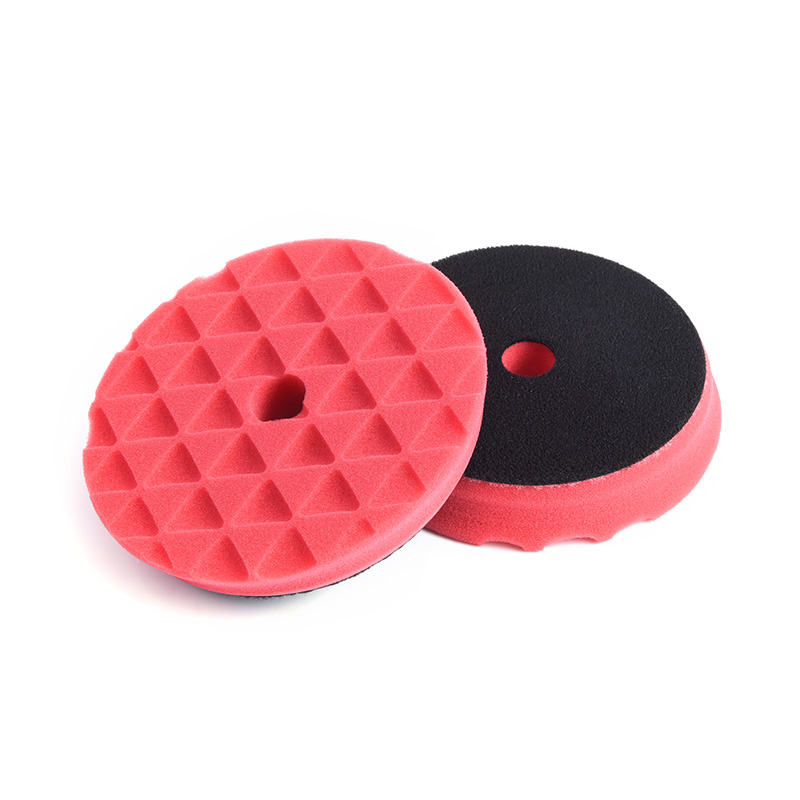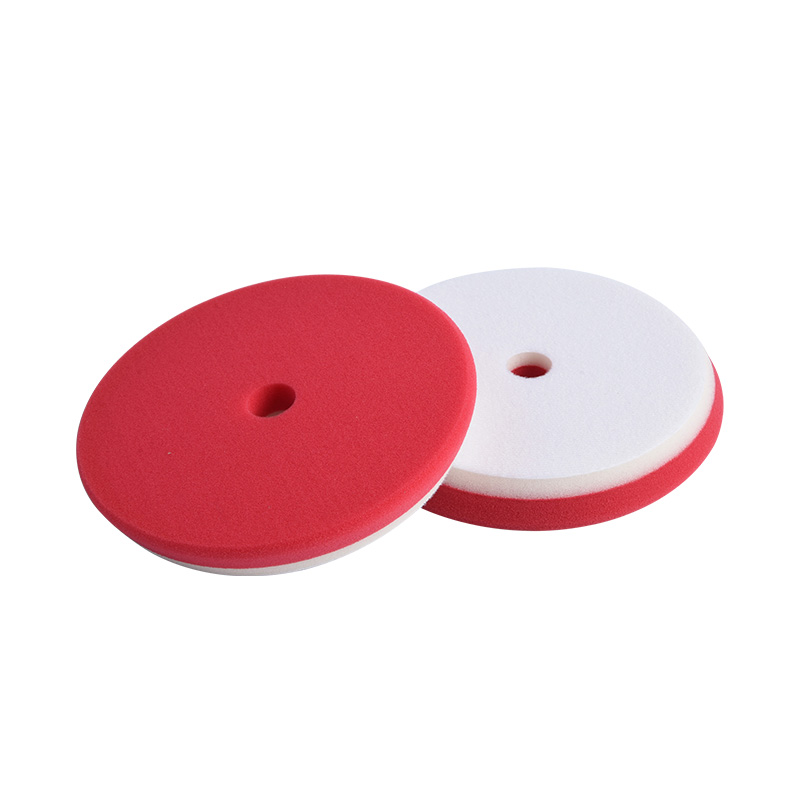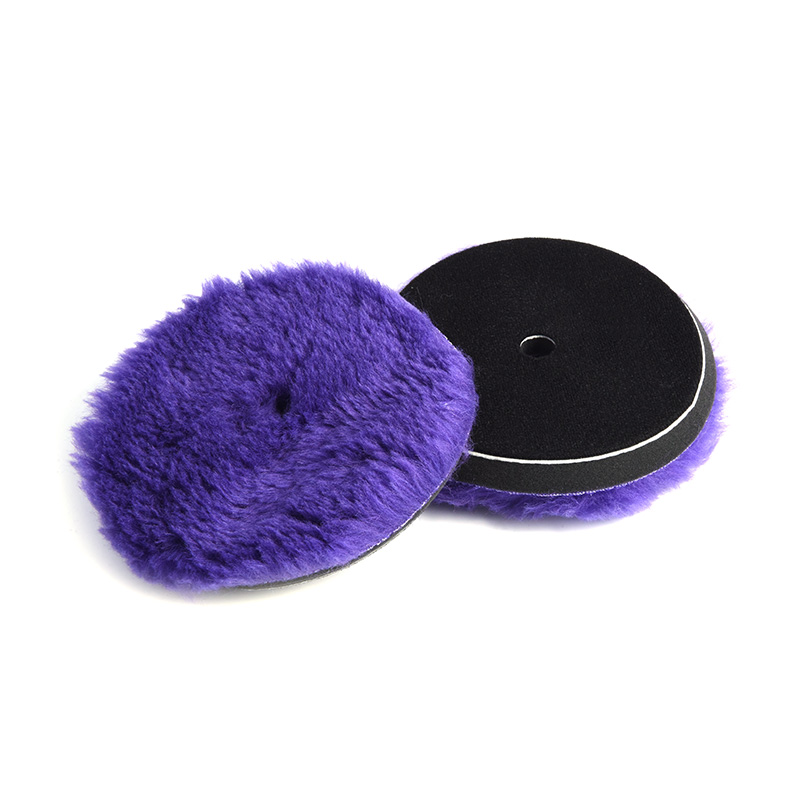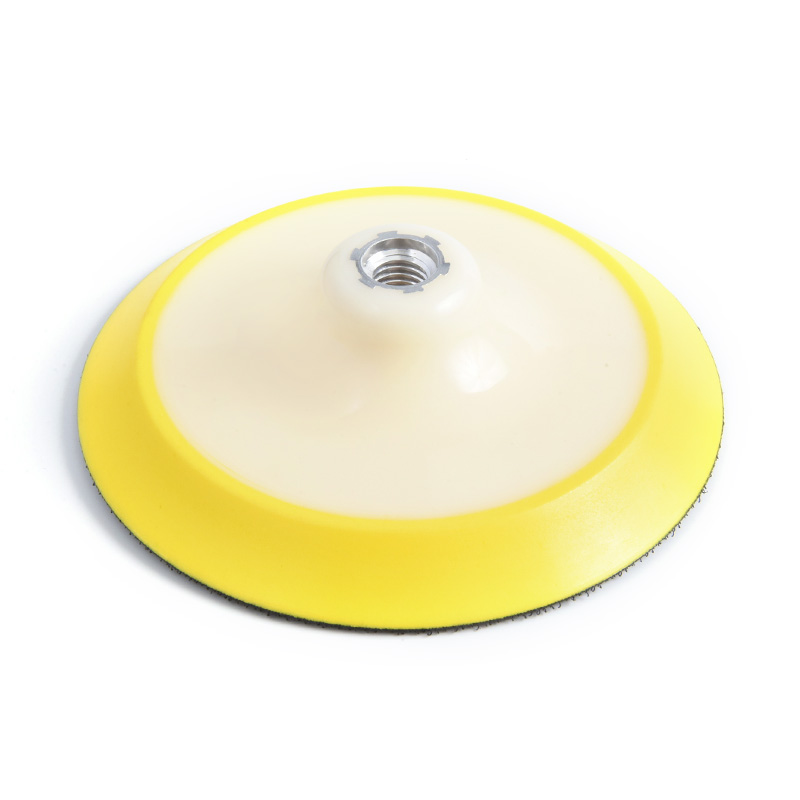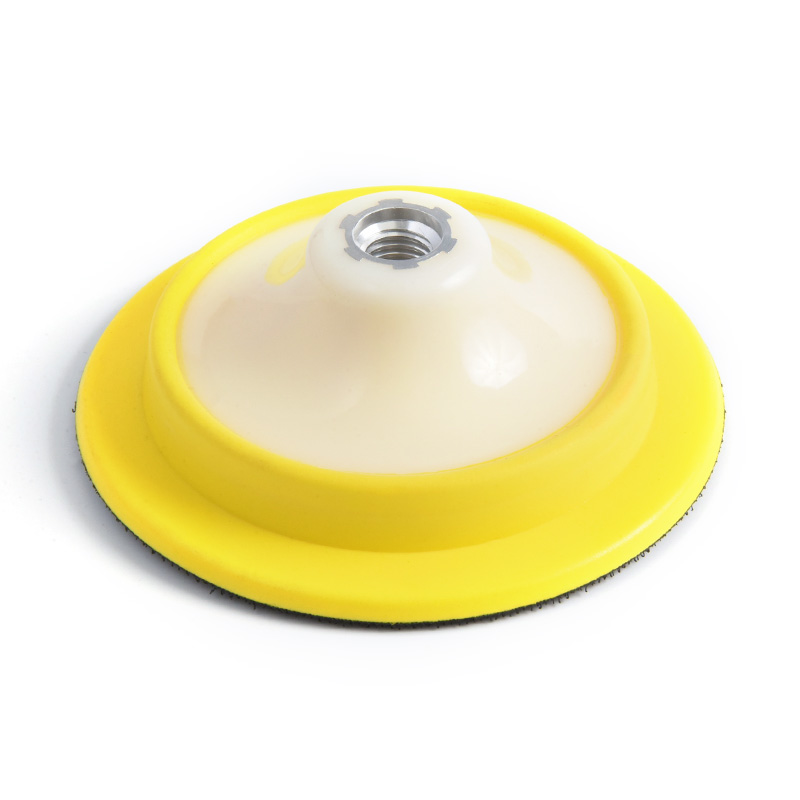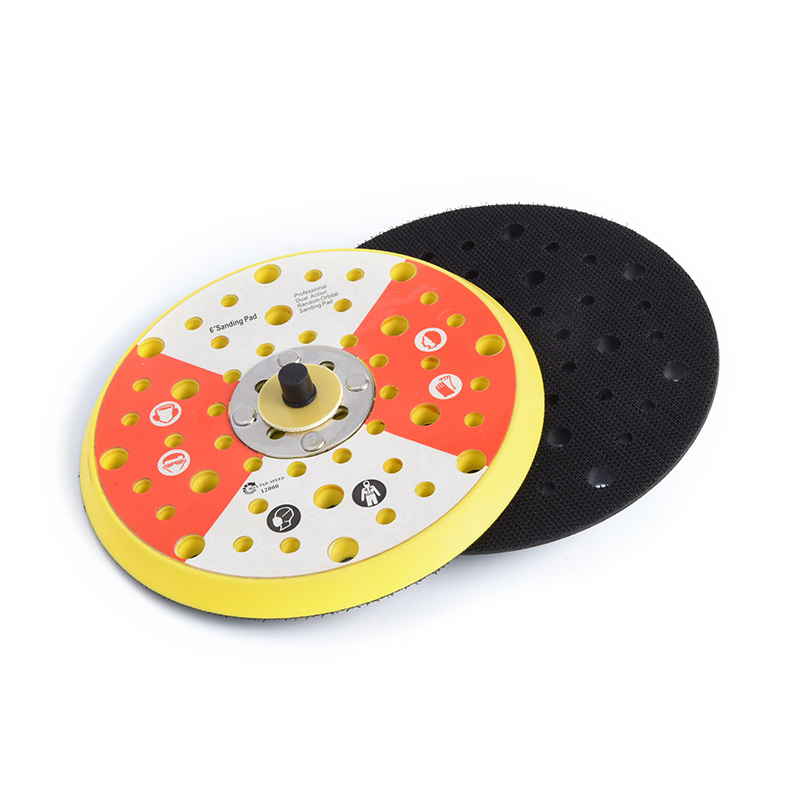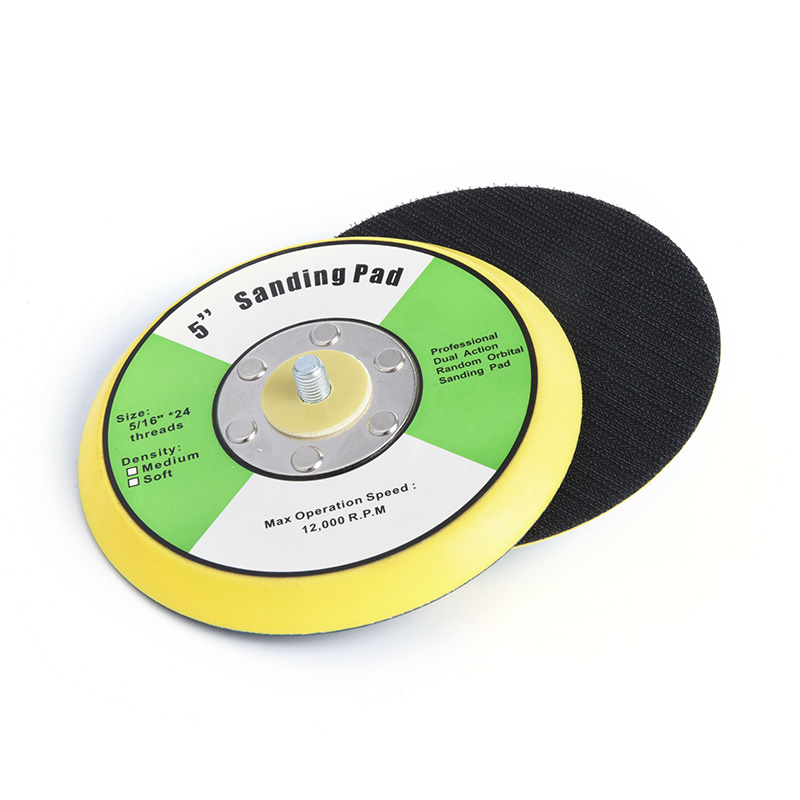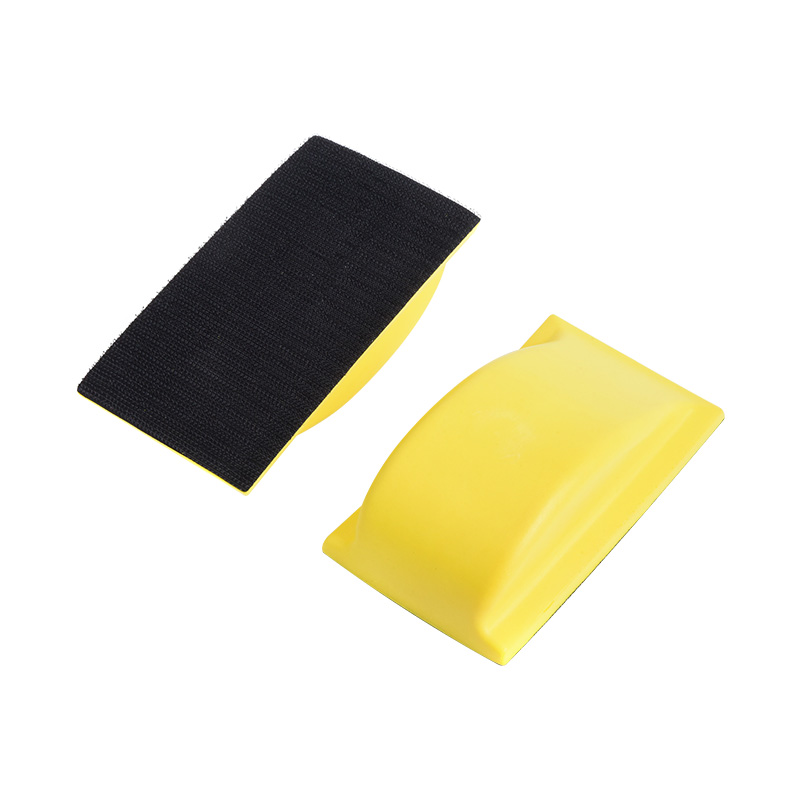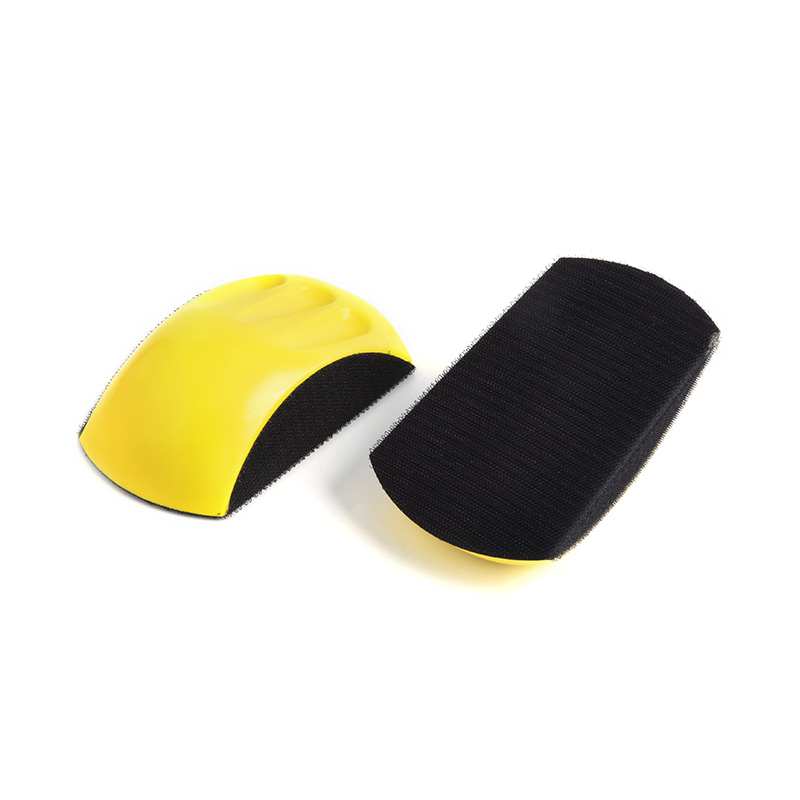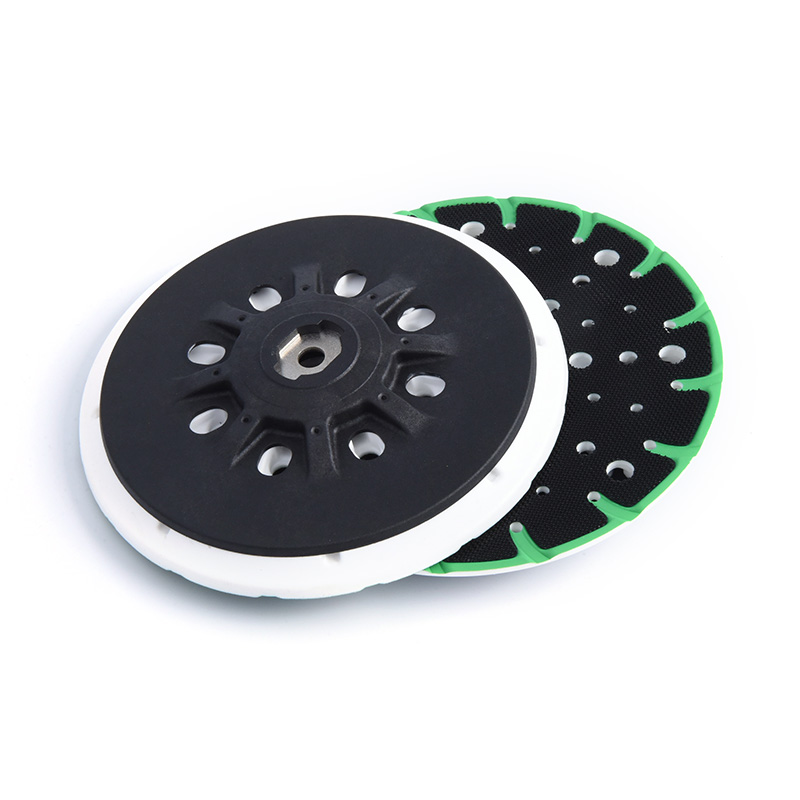Are triangular foam polishing pads suitable for different polishing surfaces?
Sep 18, 2024
In the field of car beauty and maintenance, the unique triangular design of triangular foam polishing pads enables it to provide excellent polishing effects on hard-to-reach or complex-shaped areas such as corners, fenders, door handles, etc. These areas are often difficult to be fully covered by round or square polishing pads due to their irregular shapes, resulting in uneven polishing. The flexibility of triangular foam polishing pads effectively solves this problem, ensuring that the paint surface of the entire vehicle can be polished evenly and carefully. The foam material of triangular foam polishing pads has good water absorption and elasticity, which can evenly distribute the polishing agent and reduce heat accumulation during the polishing process, thereby avoiding thermal damage to the paint surface. At the same time, the cushioning effect of the foam can also protect the paint surface from the impact force generated by the high-speed rotation of the polishing machine, ensuring the safety and efficiency of the polishing process.
For metal surfaces, such as aluminum alloy wheels, stainless steel kitchen utensils, etc., triangular foam polishing pads also perform well. Metal surfaces are prone to lose their original luster due to oxidation, rust or scratches from daily use. The triangular foam polishing pad, through its delicate foam structure and appropriate polishing agent, can penetrate deep into the metal surface, remove these flaws, and restore its original brightness and texture. Different types of metals may have different requirements for the selection of polishing agents and the intensity of polishing. Therefore, when using the triangular foam polishing pad to polish the metal surface, it is necessary to select the appropriate polishing agent and adjust the speed of the polishing machine according to the specific situation to ensure the best polishing effect.
Although the triangular foam polishing pad is mainly used for automobile and metal polishing, it can also be used for light polishing of glass surfaces in some cases. However, it should be noted that glass polishing requires more delicate and professional operating skills as well as suitable polishing agents and tools. The application of triangular foam polishing pads in glass polishing is relatively limited, and is mainly suitable for removing minor scratches or improving the smoothness of the glass surface. When performing glass polishing, it is recommended to use professional glass polishing pads and polishing agents, and follow relevant operating specifications and safety precautions.
Parts made of plastics and composite materials are becoming more and more common in modern automobiles and industrial products. These materials have the advantages of light weight, corrosion resistance, and easy processing, but they may also have problems such as scratches and wear during use. Triangular foam polishing pads can polish these materials with their delicate foam structure and appropriate polishing agents, removing surface defects and improving smoothness. However, since different types of plastics and composite materials may react differently to polishing agents and polishing strength, sufficient testing and evaluation are required before use.
Although triangular foam polishing pads are not the preferred tool for stone and ceramic polishing, they can be used as an auxiliary tool in certain specific cases. However, it should be noted that stone and ceramic polishing requires more professional equipment and technical support. When performing this type of polishing operation, it is recommended to use professional stone polishing machines and polishing pads, and follow relevant operating specifications and safety precautions. Triangular foam polishing pads are a versatile polishing tool suitable for a variety of polishing surfaces. However, in the specific application process, it is necessary to comprehensively consider and select factors such as surface material, polishing requirements and operating skills. At the same time, following relevant operating specifications and safety precautions is also an important prerequisite for ensuring polishing effects and operating safety.

 English
English 中文简体
中文简体